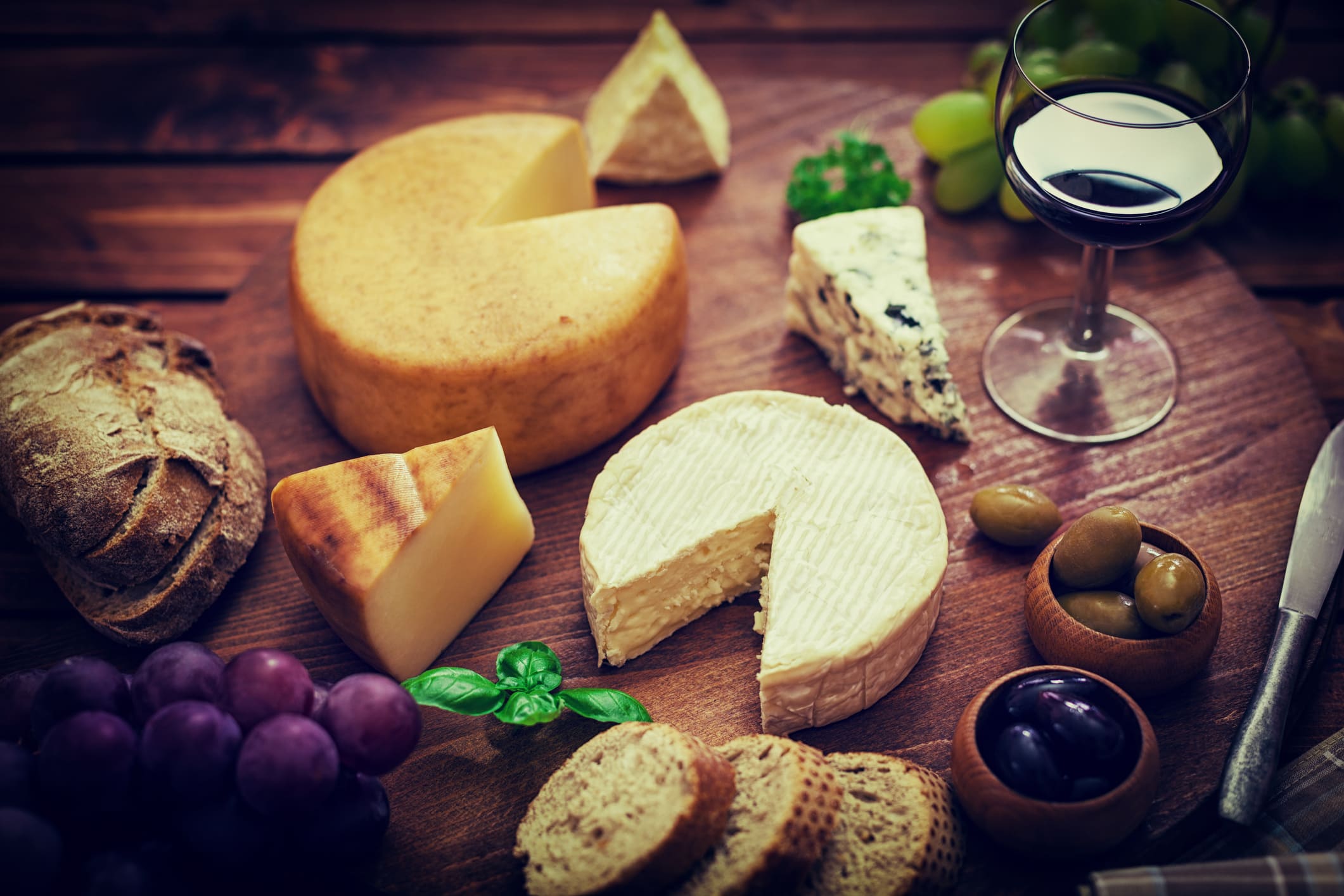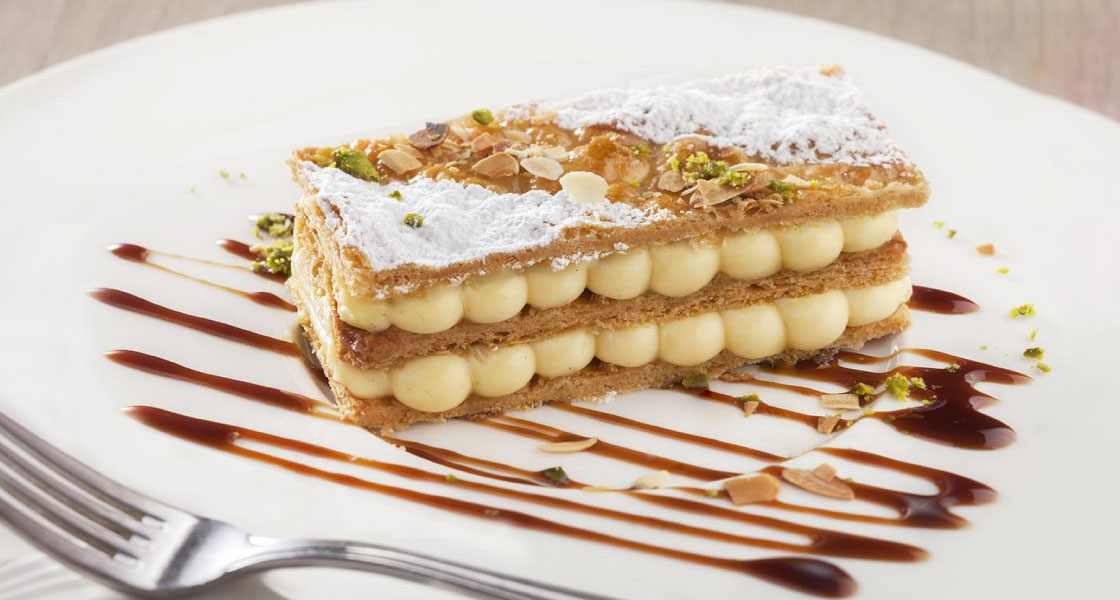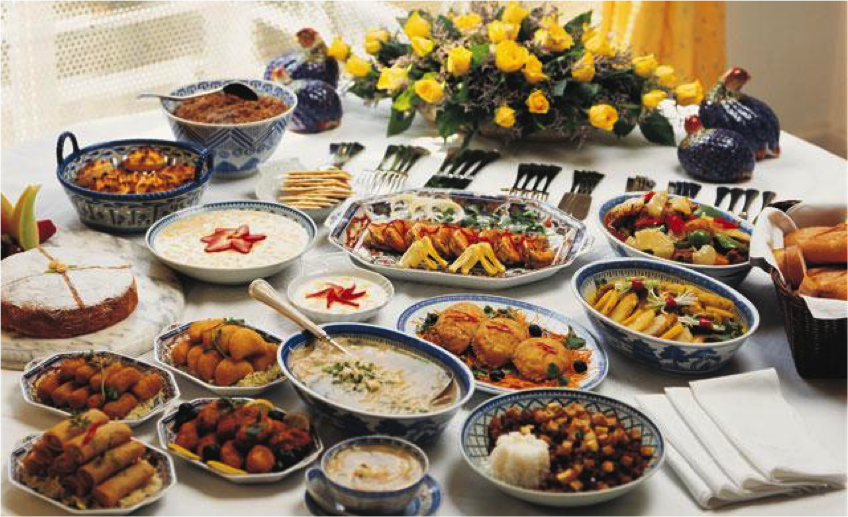
The History of Molecular Gastronomy
Molecular Gastronomy's Centuries-Old Origins. Molecular gastronomy is synonymous with modernist cuisine today, but its origins date back centuries. According to food historian Gilly Lehmann.

Le Paris gastronomique Le Magazine ALL
American Gastronomy: New England (Northeast) The New England region of the United States, comprised by the states of Connecticut, Massachusetts, Vermont, Rhode Island, New Hampshire and Maine, is located in the country's northeast corner. As one of the early English settlements, this area has a long and storied history of culture and cuisine.

Gastronomy A Little History on French Haute Cuisine
molecular gastronomy, the scientific discipline concerned with the physical and chemical transformations that occur during cooking. The name is sometimes mistakenly given to the application of scientific knowledge to the creation of new dishes and culinary techniques. The scientific discipline—which was introduced under the name molecular and.

History, Culture and Gastronomy Macanese cuisine
The history of gastronomy until the middle of the seventeenth century is marked by the practice of tempering the dishes with a gigantic amount of spices, which, because they are expensive and rare, were true synonyms of luxury and wealth. But this exaggeration in the use of spices made the dishes unpalatable.

molecular gastronomy History, Theory, Techniques, & Facts Britannica
The influence of different cultures on gastronomy is a fascinating topic that unveils the diverse range of flavors and culinary traditions that have shaped our food heritage. Throughout history, food has always been intertwined with culture, and the unique ingredients, cooking techniques, and flavors that define a cuisine often reflect the.

Initiation Masterclass The Art of French Gastronomy (***)
The history of food, long derided as an amateur's avocation, has finally won professional respectability based on a generation of high-quality scholarship. The defensive justifications for studying food often given by the field's pioneers, many of whom labored in obscurity at provincial colleges and universities, has given way to a new self-confidence and recognition. 1 Food matters, not.

【送料無料キャンペーン?】 The Turkish Kitchen Discover the Food and Traditions of an Ancient C ia.uncaus
This week, we're putting the focus on French gastronomy as we spare a thought for France's restaurant owners, staff and caterers, who are struggling through.

Lot 360 Gastronomy. A large collection of early 20th
The Food Timeline was created and maintained solely by Lynne Olver (1958-2015, her obituary Heritage Radio interviews Food Timeline editor (2013). Since we launched in March 1999, The Food Timeline's scope has grown from a single page with a sprinkling of links to 70 web pages offering a wealth of historic information, primary documents, and.

Gastronomy 👌 What is gastronomy, history, importance, types and examples 🔥 Culture YouTube
Food history is an interdisciplinary field that examines the history and the cultural, economic, environmental, and sociological impacts of food and human nutrition.It is considered distinct from the more traditional field of culinary history, which focuses on the origin and recreation of specific recipes.. The first journal in the field, Petits Propos Culinaires, was launched in 1979 and the.

Politismos eMagazine The unique foods of Greece and their health benefits Tahini (Sesame butter)
Between 2012 and 2018, gastronomy tourism began to attract mainstream interest as its exposure in social media, peer review sites, food documentaries, and television and online culinary and travel.

Molecular Gastronomy The Food Science! PEAKLIFE
The first restaurant. The first restaurant as we know it today opened in Paris in 1765 on the Rue des Poulies, today the Rue du Louvre. On the front of the shop is engraved the Latin phrase from.

history, gastronomy and natural beauty elcw.ca
The history of world gastronomy to the present offers a multidisciplinary vision of how humans have varied their way of feeding from prehistory until today. From being a purely survival action, it has reached a time when gastronomy has become, for many, an art. In the first moments of history there was a fundamental event for further.

World Sustainable Gastronomy Day What is it, Importance, and History
The Food Timeline: history notes--national gastronomy. [NOTES: (1) This book offers 100 recipes from 60 countries. The 1964 edition. Researching the culinary history of a particular country involves more than identifying traditional foods in current cookbooks. What people eat in all places and times depends upon seven key factors:

A Brief History of British Gastronomy TRULY
A breakthrough in gastronomy is led by European chefs born in the 1950s and 1960s: Marc Veyrat develops emulsions, replaces gravies with infusions, and introduces wild herbs from the Alps to the world of gastronomy. Michel Bras and Régis Marcon combine local food with innovative culinary techniques.

Molecular Gastronomy Foto de stock Getty Images
Summary. Since the 1970s, historical studies of food in particular cultures have emerged as a new field, "culinary history.". Culinary history studies the origins and development of the foodstuffs, equipment, and techniques of cookery, the presentation and eating of meals, and the meanings of these activities to the societies that produce them.

French gastronomy throughout the centuries
Gastronomy, the art of selecting, preparing, serving, and enjoying fine food. Gastronomy is grounded in relationships between food, culture, and tradition. Through the ages gastronomy has proved to be a stronger cultural force among the peoples of the world than linguistic or other influences. The